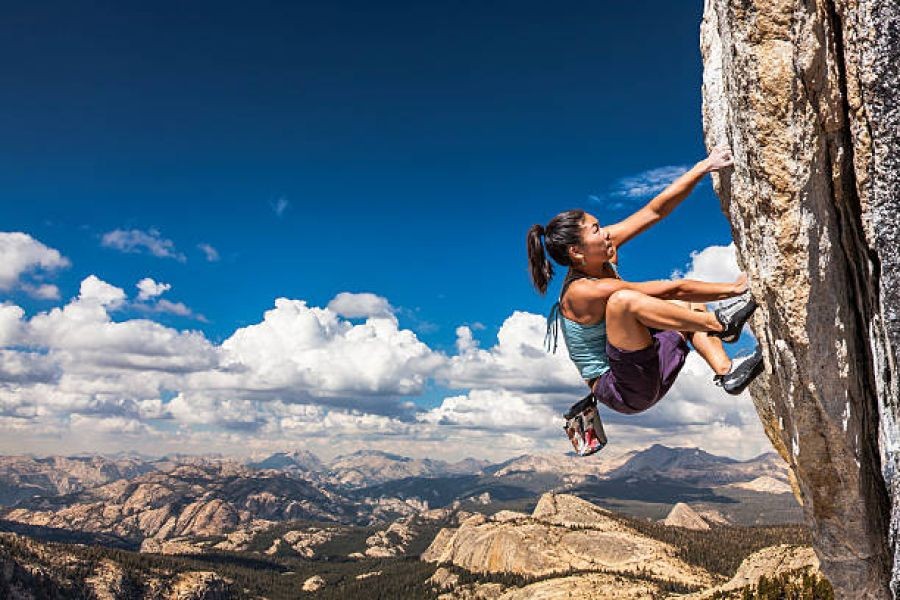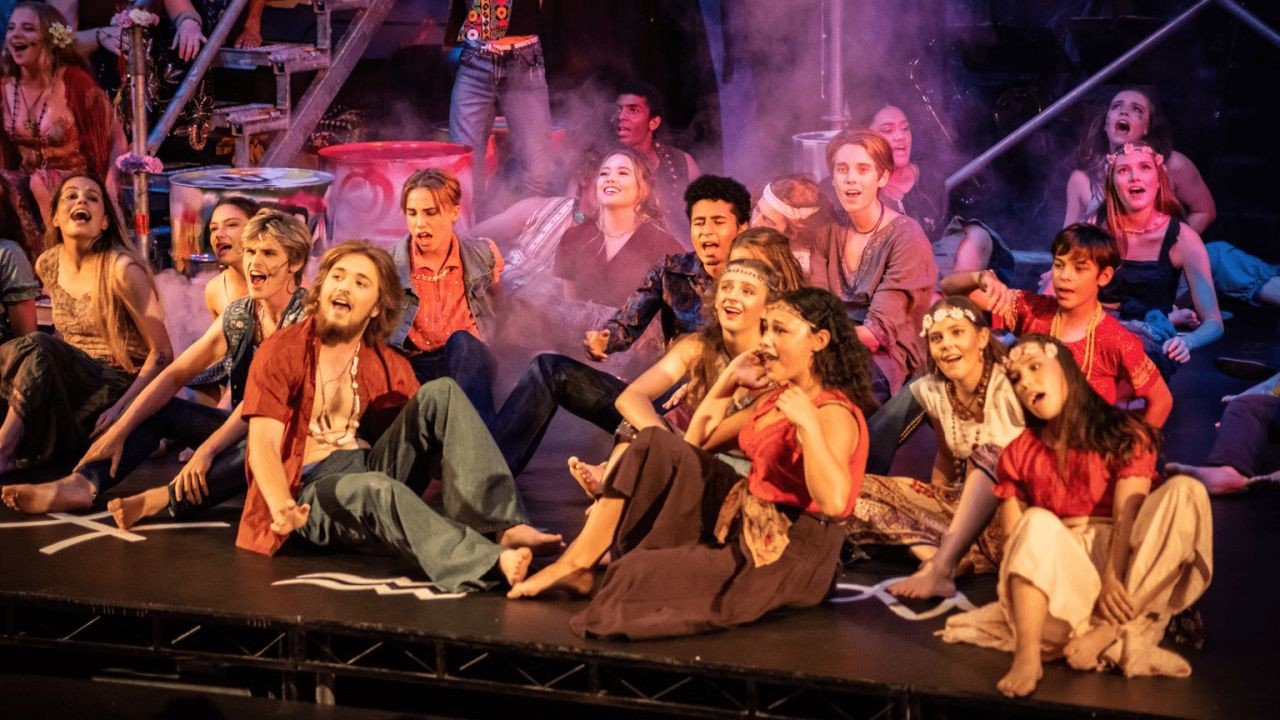In recent years, the Olympic Games have become a dynamic platform showcasing not only traditional sports but also new and emerging disciplines. This shift reflects the evolving interests of younger audiences and the global appetite for fresh, adrenaline-pumping content. But as we look toward 2040, a significant question arises: Will extreme sports find their place within the Olympic framework?
Changing Dynamics of the Olympic Games
Traditionally, the Olympics have been a bastion of classical sports, celebrating disciplines with deep roots and historical significance. However, the inclusion of sports like skateboarding, surfing, and sport climbing in recent years indicates a willingness by the International Olympic Committee (IOC) to adapt to modern tastes. This evolution is driven by a need to remain relevant and capture the attention of a younger demographic that gravitates towards high-energy, visually captivating sports.
Australia’s Role in the Extreme Sports Movement
Australia has been at the forefront of the extreme sports movement, nurturing talent across various disciplines such as BMX, surfing, and skateboarding. According to the Australian Bureau of Statistics (ABS), there has been a marked increase in participation in these sports, with a 15% annual growth in extreme sports engagement over the past decade. This trend underscores Australia's potential to influence the global conversation around the inclusion of extreme sports in the Olympics.
Case Study: The Rise of BMX Freestyle in Australia
Problem: Historically, BMX was seen as a niche sport with limited mainstream appeal. However, Australian athletes faced barriers in gaining recognition on the global stage.
Action: The integration of BMX Freestyle into the Tokyo 2020 Olympics marked a turning point. Australian athletes, supported by targeted national programs, leveraged this opportunity to showcase their skills.
Result: Australian athletes excelled, with Logan Martin winning gold. This success not only elevated the profile of BMX in Australia but also demonstrated the country's prowess in extreme sports.
Takeaway: Australia's success in BMX Freestyle highlights the country's potential to lead in other extreme sports, advocating for their inclusion in future Olympic Games.
Economic Impact on Australia
The inclusion of extreme sports in the Olympics could have significant economic implications for Australia. The Treasury AU estimates that increased participation and international attention could boost the local sports industry by AUD 500 million annually, driven by tourism, sponsorship, and merchandise sales. Moreover, the Australian Competition & Consumer Commission (ACCC) suggests that this growth could lead to increased investment in infrastructure, creating jobs and enhancing community engagement.
Regulatory Insights from the Australian Sports Commission (ASC)
The ASC plays a pivotal role in shaping the future of sports in Australia. Their strategic framework emphasizes inclusivity and innovation, aligning with the global push to modernize the Olympic Games. By supporting the development of extreme sports, the ASC ensures that Australia remains competitive on the world stage.
Challenges and Opportunities
Pros:
- Increased Youth Engagement: Extreme sports resonate with younger audiences, potentially revitalizing interest in the Olympics.
- Economic Growth: Enhanced tourism and infrastructure development can boost local economies.
- Global Influence: Australia can shape international trends, promoting its athletes and culture.
Cons:
- Safety Concerns: Extreme sports carry higher risks, necessitating stringent safety protocols.
- Traditionalist Resistance: Some purists may oppose the dilution of traditional Olympic values.
- Regulatory Challenges: Aligning new sports with existing Olympic standards can be complex.
Myths and Misconceptions
Myth: Extreme sports lack the discipline of traditional sports. Reality: Extreme sports require rigorous training and discipline, often surpassing traditional sports in athletic demands.
Myth: Only a niche audience is interested in extreme sports. Reality: Extreme sports have a global following, with millions of fans and participants across various demographics.
Myth: Including extreme sports will undermine the Olympics' prestige. Reality: Adapting to contemporary interests can enhance the Olympics' relevance and appeal.
Future Trends and Predictions
Looking ahead, the landscape of the Olympics is likely to undergo significant transformation. According to a Deloitte report, by 2040, it is projected that nearly 30% of Olympic events will be new disciplines, including extreme sports. This shift is attributed to technological advancements, changing consumer preferences, and the need for diversity in sporting events.
Conclusion
As the Olympic Games continue to evolve, the inclusion of extreme sports seems not only possible but likely. For Australia, this presents an opportunity to lead on the world stage, leveraging its strengths in these disciplines. By embracing innovation and fostering talent, Australia can play a pivotal role in shaping the future of the Olympics.
What are your thoughts on the inclusion of extreme sports in the Olympics? Share your insights below!
People Also Ask
How does the inclusion of extreme sports impact Australia? The inclusion of extreme sports can significantly boost Australia's economy through increased tourism and investment in sports infrastructure, creating new job opportunities.
What are the biggest misconceptions about extreme sports in the Olympics? A common myth is that extreme sports undermine Olympic values, but in reality, they bring innovation and broaden the audience base.
What strategies can Australia adopt to promote extreme sports? Australia can enhance youth engagement through national programs and partnerships with international sports bodies, showcasing its athletes on the global stage.
Related Search Queries
- Future of extreme sports in the Olympics
- Australia's role in Olympic sports
- Economic impact of sports in Australia
- Olympic Games and modern sports trends
- BMX Freestyle success stories

































carynericson63
6 months ago